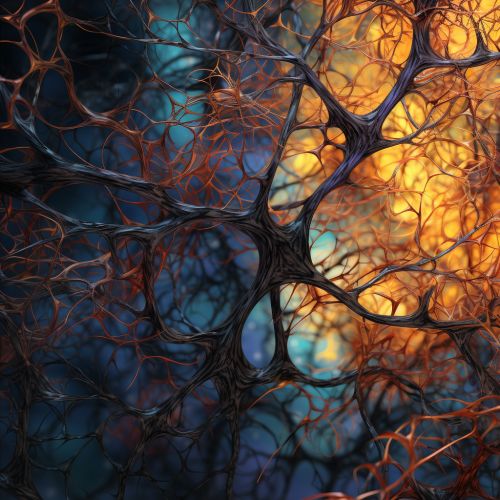Motor Neuron Disease
Overview
Motor neuron disease (MND) is a term that encompasses a variety of progressive neurological disorders that destroy motor neurons, the cells that control voluntary muscle activity such as speaking, walking, breathing, and swallowing. When motor neurons fail to send impulses to the muscles due to disease, the muscles gradually weaken and waste away, leading to muscle weakness and atrophy.


Classification
Motor neuron diseases are classified according to whether they are inherited or sporadic, and to whether degeneration affects upper motor neurons, lower motor neurons, or both.
Sporadic
The sporadic form of a motor neuron disease is an adult-onset condition that can affect anyone. The most common type of sporadic MND is Amyotrophic Lateral Sclerosis (ALS), also known as Lou Gehrig's disease.
Inherited
Inherited motor neuron diseases, also known as familial motor neuron diseases, are inherited in an autosomal dominant manner. They are caused by mutations in specific genes, and can be either juvenile or adult onset. Examples include spinal muscular atrophy (SMA), Kennedy's disease, and some forms of ALS.
Upper Motor Neuron Disease
Upper motor neuron diseases are conditions in which the cells of the brain's motor cortex degenerate. The primary symptom is spasticity. Examples include primary lateral sclerosis (PLS) and hereditary spastic paraplegia (HSP).
Lower Motor Neuron Disease
Lower motor neuron diseases are conditions in which the motor neurons in the spinal cord degenerate and die. The primary symptom is muscle weakness. Examples include progressive muscular atrophy (PMA) and spinal muscular atrophy (SMA).
Symptoms
The symptoms of motor neuron disease can vary greatly from person to person, depending on the specific type of the disease and the stage of its progression. However, some common symptoms include:
- Difficulty walking, tripping or stumbling
- Weakness in your leg or hand muscles
- Slurred speech or difficulty swallowing
- Muscle cramps and twitching
- Weight loss due to muscle wasting
Causes
The exact cause of motor neuron disease is unknown. However, it is believed to be caused by a combination of genetic and environmental factors. Some types of MND have a hereditary component, but the majority are thought to occur randomly without any clear familial link.
Diagnosis
Diagnosis of motor neuron disease is challenging, as there is no single test for it. Instead, a diagnosis is typically made based on the symptoms, the exclusion of other conditions that could cause similar symptoms, and the results of a number of tests, including:
- Neurological examination
- Electromyogram (EMG)
- Magnetic resonance imaging (MRI)
- Blood and urine tests
- Spinal tap
Treatment
There is currently no cure for motor neuron disease. However, there are treatments available that can help manage symptoms, improve quality of life, and slow the progression of the disease. These treatments may include:
- Medications, such as riluzole and edaravone
- Physical therapy
- Occupational therapy
- Speech therapy
- Nutritional support
Prognosis
The prognosis for motor neuron disease varies depending on the type and the individual's overall health. Some forms of MND, such as ALS, have a significant impact on life expectancy, while others, such as PLS, do not.
